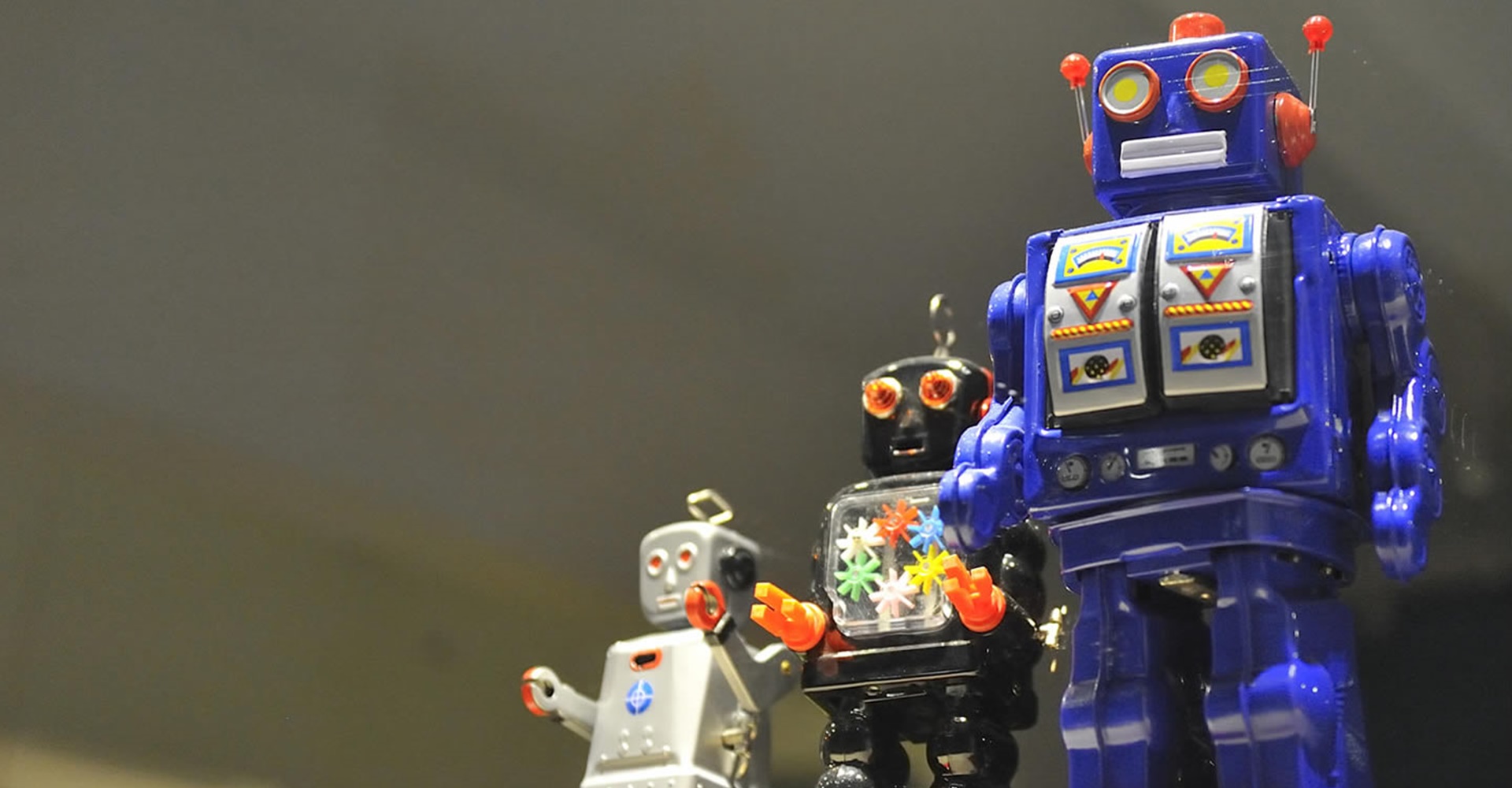The future of work is uncertain. Technology is progressing at a rapid rate, and the rise of artificial intelligence and automation will cause unprecedented changes to structure of the workforce and the idea of work in the coming decades. The jobs of today may not be the jobs of tomorrow, but should that be cause for concern?
There is a growing fear that technology will replace people in a wide array of industries, and that change has already started. Driverless vehicles are already on the road, which could mean an end to taxi drivers and truckers, whilst self-checkout machines have already replaced checkout assistants in many supermarkets. Even in the more “white collar” jobs of law and journalism, the trend is already towards fewer employees aided by ever more sophisticated technology where AI bots can create financial news stories and bespoke contracts.
However, it is not all bad news. Previous industrial revolutions have changed the nature of work and squeezed some industries out of existence, but they have always been replaced by new jobs that are often better paid. The car made the horse and cart obsolete, but where demands for stables and riders collapsed, demand for drivers and mechanics appeared in their place.
Here are five ways technology is changing employment today:
Distributed workforces
As more and more jobs move online, it has become an increasingly common practice for companies to have partially or completely distributed workforces, where employees can work from home, co-working spaces, or even other countries. A fully distributed team is only possible thanks to new communication tools like Slack and Zoom that lets teams stay in constant communication no matter their location, and it gives companies a global pool from which to find the best employees for their roles. Companies are no longer limited to recruiting from the city in which they are based, now platforms like LynxPro let firms advertise for employees around the world.
Flexibility
Technology makes the world smaller, and the flip-side to businesses having access to a global talent pool, is that workers have the flexibility to work from wherever they want. Future businesses will trust their employees to get the work done, and this will give parents more flexibility to work from home when they need to look after the kids or change their work schedule to better fit in with their lifestyle. As long as the tasks are completed by the deadline, future businesses can offer employees the flexibility craved by many workers today on both time and location.
Lifelong learning
Few jobs are safe from artificial intelligence and automation. As computers become ever faster and software more advanced, even the most complex and inventive jobs could feel the squeeze. However, computers are unlikely to fully replace people in most of these places, and it is critical for everybody to continue to continue to learn new technologies and ideas throughout their lives. In many cases this will mean learning how to interact with the new technologies as they are introduced to a business, but it could also mean pivoting mi-career into a new and more prosperous sector of employment.
Adaptation to augmentation
Few new technologies will replace people completely, but they will help people in a variety of tasks. This help could be as simple as GMail predicting your email replies or as complex as IBM Watson helping doctors make better decisions about your health care. Collaboration between man and machine will improve the productivity of workers across the board, saving time and helping people make better informed decisions.
Organisation
Some people are fantastic at keeping their lives organised, but many of us fall short. Luckily, technology is already helping. By moving paperless, people no longer spend hours digging through filing cabinets to find the right paperwork or need to wait days for a contract to be signed and returned. Instead, in the modern office we store our files in the cloud where they are fully searchable, automatically dated, and easy to find with a few keystrokes.
Technology already saves each of us hours of boring administrative work each week, but we already take it for granted. Nothing about the future is certain, but we are adaptable creatures and as long as we prepare diligently for the digital revolution we should find the machines of the future to be help colleagues to be embraced rather than threats to be feared.
descrier.co.uk / balkantimes.press
Napomena o autorskim pravima: Dozvoljeno preuzimanje sadržaja isključivo uz navođenje linka prema stranici našeg portala sa koje je sadržaj preuzet. Stavovi izraženi u ovom tekstu autorovi su i ne odražavaju nužno uredničku politiku The Balkantimes Press.
Copyright Notice: It is allowed to download the content only by providing a link to the page of our portal from which the content was downloaded. The views expressed in this text are those of the authors and do not necessarily reflect the editorial policies of The Balkantimes Press.

